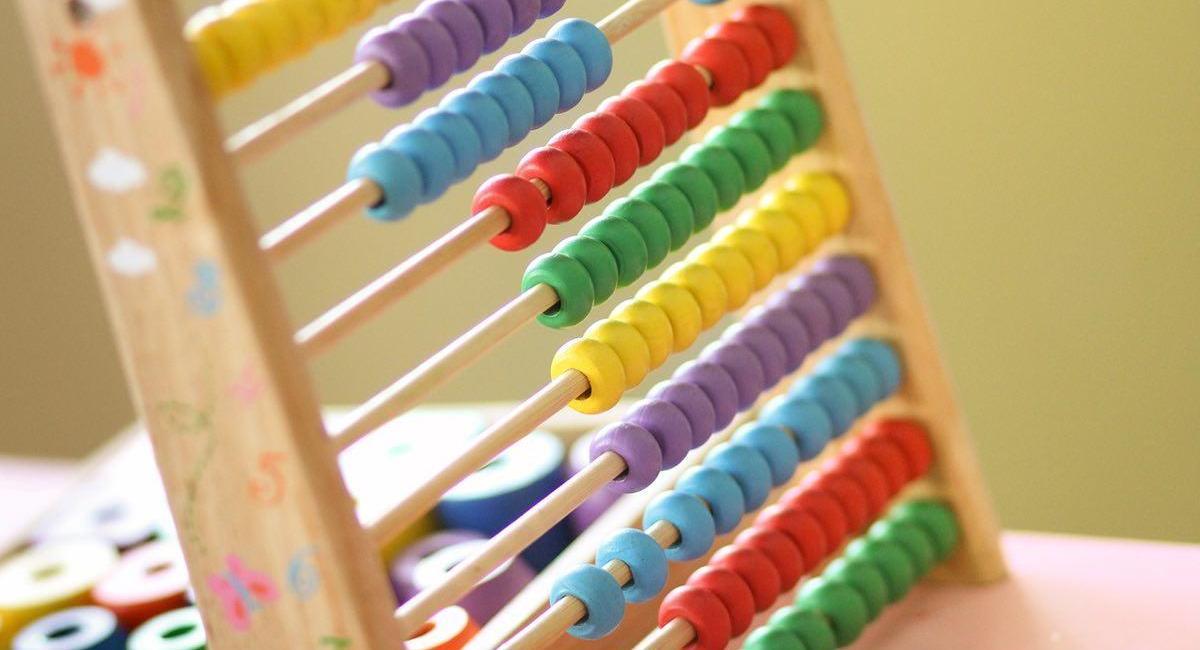According to Montessori; mathematics is not only to memorize mathematical facts, but to reveal logical and critical thinking ability in children.
The mathematics in the children’s life, especially in their early years, deals directly with the forms, patterns and spatial relationships with the environment. It takes these experiences and this knowledge to further develop and to be fed from it.
Thanks to the simple and creative materials used in Montessori, children learn mathematics as an activity they enjoy, not by the prejudice that says it’s “difficult”. The children who experience through this education, are not afraid of mathematics, because most of them has not memorized the rules but learnt the logic of it by experience.
The children have a sense of confidence that takes its roots from success. Montessori materials based on experience have their own error control indicators, the children see them and make their arrangements. In this way, the children are allowed to correct their mistakes on their own without any help from adults and a sense of accomplishment is created. Also important thing is teaching the mathematical concepts and logic, not the accuracy of the child’s sum.
Mathematical materials are composed of means describing numbers, mathematical tools, geometric shapes and each has a certain order. The children learn mathematics respectively and as a whole. The most important point here is to experience with senses. Processes move from concrete concepts to abstract concepts so that the child can internalize abstract mathematical concepts. With Montessori’s mathematics education, children make math an enjoyable endeavor.
